PAPAS Joins NEM-EMERGE in Istanbul
PAPAS Project Director Louise-Marie Dandurand, Ph.D., attended the NEM-EMERGE consortium’s 2nd Annual Meeting in Istanbul, hosted by Ondokuz Mayıs University.
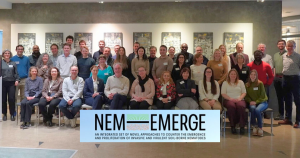
PAPAS Project Director Louise-Marie Dandurand, Ph.D., attended the NEM-EMERGE consortium’s 2nd Annual Meeting in Istanbul, hosted by Ondokuz Mayıs University.
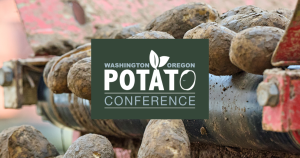
The PAPAS team will once again be presenting about nematode management at the annual Washington and Oregon Potato Conference, January 27-29, 2026, at the Three Rivers Convention Center, Tri-Cities, Washington.
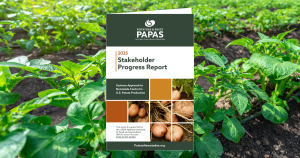
The PAPAS 2025 Stakeholder Report summarizes major accomplishments across diagnostics, breeding, nematicide discovery, economics, decision tools, and outreach.
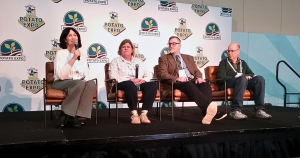
This panel discussion covers cornerstones of nematode management, presenting the latest information on economic thresholds, and providing an update on the development of nematode resistant potatoes.
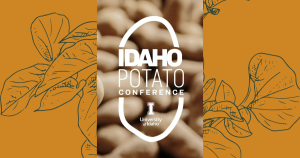
Join us at the 58th annual Idaho Potato Conference and Eastern Idaho Ag Expo Jan. 21-22, 2026, and hear from the PAPAS team about potato nematode management.
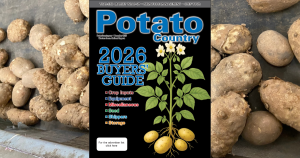
For decades, potato growers have fought nematodes with fumigation, crop rotation, and strict sanitation measures. While these practices remain essential, other management options need to be considered.
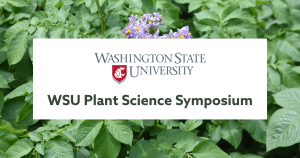
Three University of Idaho graduate students from the PAPAS team presented posters at the 2025 Washington State University Plant Science Symposium.

Six postdoc students from the PAPAS team presented their research at the 2025 Virtual Nematology Conference.
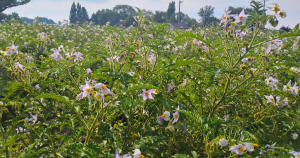
The litchi tomato plants have been harvested, sectioned, and stored for further research by PAPAS.
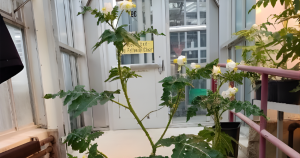
Evaluating the total effect of litchi tomato plant biomass compounds for root-knot nematode management.